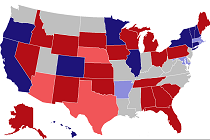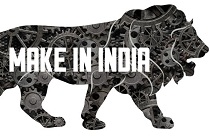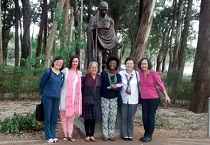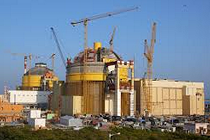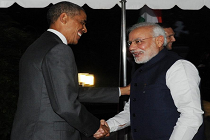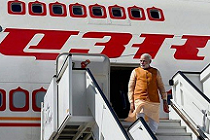India: a market for Canadian LNG
Can India be a prospective liqueified natural gas (LNG) market for Canada? Rajrishi Singhal provides an overview of natural gas and LNG supply and demand in India, factors impacting India's future LNG consumption, and Canada's strengths and weaknesses as an LNG supplier for India



